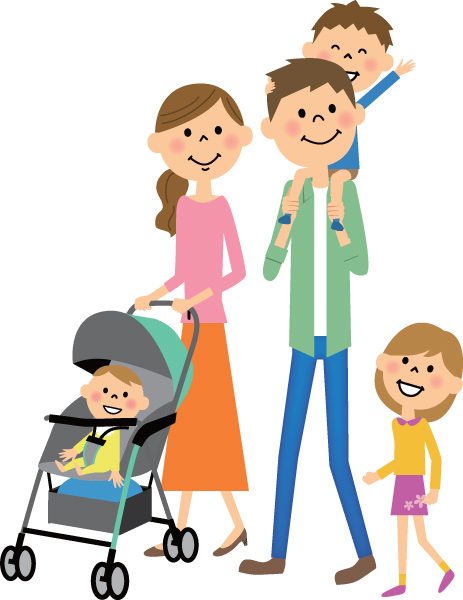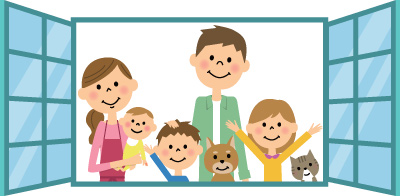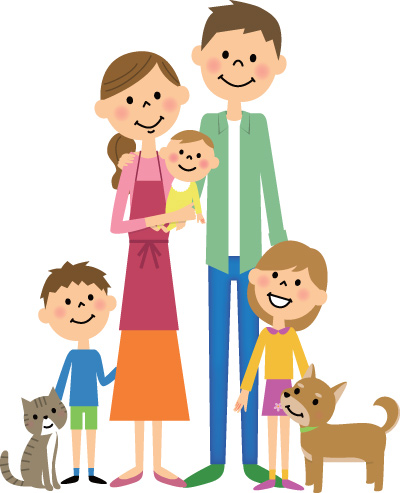
 My infertility issues are my college friend Melissa's fault. I'm convinced of it.
My infertility issues are my college friend Melissa's fault. I'm convinced of it.
Twelve years after college, I was in her wedding party. I met her intended, Jim, for the first time at the wedding rehearsal. Or I should say: Near the wedding rehearsal.
Another bridesmaid led me 50 yards away from where Melissa-the-bride and everyone else was, to where he sat, by himself, an unshaven and disheveled person, sandwich in hand, beer bottle on the pavement, nonchalantly reading a newspaper like he was on his lunch break at a construction site.
I stared in disbelief: Melissa's 34-year search for Mr. Right ended with this guy? The guy just hangin' out with a turkey on rye half a football field away from his own wedding rehearsal?
That was not going to be me. No chance. After having waited this long and counting to find the love o' my life, and eventual father of my children, I was not about to do what I suspected Melissa had done: Grab any handy "XY" chromosome dispenser before it was too late. And, as a result of that vow to myself, I found a great man... and age-related infertility found me.
What happens when you wait to get married and have kids - whether you do it intentionally or not - is that everyone and everything is older. You're older. Your parents are older. Your eggs are older.
I've always eaten fairly well and exercised. I've never smoked, done drugs or drunk anything stronger than Cherry Coke. But my reproductive system couldn't have cared less. The day of my wedding, I looked like I was 32, felt like I was 25, acted like I was 12.
But my eggs, those same eggs I'd been schlepping around inside me since the day I was born, were 39 years, 8 months and 8 days old... and that number was non-negotiable.
After a year of trying to get pregnant like younger folk, we went kicking and screaming into a fertility clinic. (Not literally. Why risk breaking a hip?)
My husband, who is exactly nine days older than I, was tested. A man's fertility can also decline significantly with age. But according to the tests, his were the Michael Phelps of sperm. They were not only speedy but also bountiful and had a good sense of direction. (This from a man who argues with the GPS: "That doesn't sound right. I'm sure it's this way.")

Within the hour, he was cleared of infertility charges and all eyes turned to me. Fallopian tubes? Clear. Hormone levels? Good. Uterus? "Present!" Ovaries? Two. So the problem had to be the quality of my now 40-year, 322-day-old eggs, which I had been schlepping around since birth.
Time for infertility treatments. To start, we tried IUI (intrauterine insemination). The procedure itself was quick and no big deal. Sperm are inserted into the uterine cavity around the time of ovulation. I had four unsuccessful rounds of that.
Four months deep in self-injected hormone shots, blood tests and sonograms -- not to mention the barrage of family, friends, coworkers, and random people asking us why we didn't have children yet and saying dumb things: "Have you tried green tea?"- we "graduated" to IVF (in vitro fertilization).
More injections, blood tests, sonograms, doctors, nurses and that cashier who was strategically situated in front of the only patient exit. I pictured myself climbing over her to escape a fire as she waved the bill in her flame-engulfed hand: "Wait! Don't forget this!"
The main difference with IVF was that it required anesthesia, which terrified me. My husband wasn't allowed in the room during the short procedure but, luckily, the handsome Italian anesthesiologist was. He held my hand the whole time... likely to make sure the needle wouldn't move, but, whatever. When I woke up from my Harlequin romance a short while later, I was told they had extracted 21 eggs.
 Fertility specialists typically advise putting in only one or two embryos. However, as I was inching up on age 42, nobody knew how many shots at this pregnancy thing I still had in me. So five days after the egg retrieval, they put in the four embryos deemed to be of the best quality. None of them took.
Fertility specialists typically advise putting in only one or two embryos. However, as I was inching up on age 42, nobody knew how many shots at this pregnancy thing I still had in me. So five days after the egg retrieval, they put in the four embryos deemed to be of the best quality. None of them took.
The next best four embryos were taken out of the deep freeze where they had been stored, and defrosted. Three of them made it through the spring thaw and were sent on their journey through my cervix and into my uterus. Eight and a half months later, the triplets emerged out of my 42-year-old body, into the world and all the way to fifth grade where the three of them, two girls and a boy, are probably at recess as I write.
After all I've been through, I still would never suggest anybody grab a guy in an attempt to avoid age-related infertility.
On the other hand, I also highly recommend not waiting until you're pushing 42-1/2 to have a baby (or babies) if you can help it. Not because I buy into any nonsense about not being able to keep up with little ones when you're older. And I do think life experiences count in being a good parent.
But getting pregnant when you're older isn't as easy as it looks. Those celebrities who, at 45, brandish a baby bump on the cover of US magazine and the only thing mentioned is how they're going to decorate the nursery? Well, I'll tell you what they might not. In most, if not all cases: A lot more went on before that photo shoot than just trying on designer gowns!
 Lori Shandle-Fox is a humor writer and former stand-up comic. Her work has appeared in The Washington Post, Newsday and The Philadelphia Inquirer and on National Public Radio. Her eBook, "Laughing IS Conceivable: One Woman's Extremely Funny Peek Into the Extremely Unfunny World of Infertility," is available on Amazon. Shandle-Fox lives in Raleigh with her husband and their 10-year-old triplets. Her blog can be found at laughingisconceivable.com.
Lori Shandle-Fox is a humor writer and former stand-up comic. Her work has appeared in The Washington Post, Newsday and The Philadelphia Inquirer and on National Public Radio. Her eBook, "Laughing IS Conceivable: One Woman's Extremely Funny Peek Into the Extremely Unfunny World of Infertility," is available on Amazon. Shandle-Fox lives in Raleigh with her husband and their 10-year-old triplets. Her blog can be found at laughingisconceivable.com.